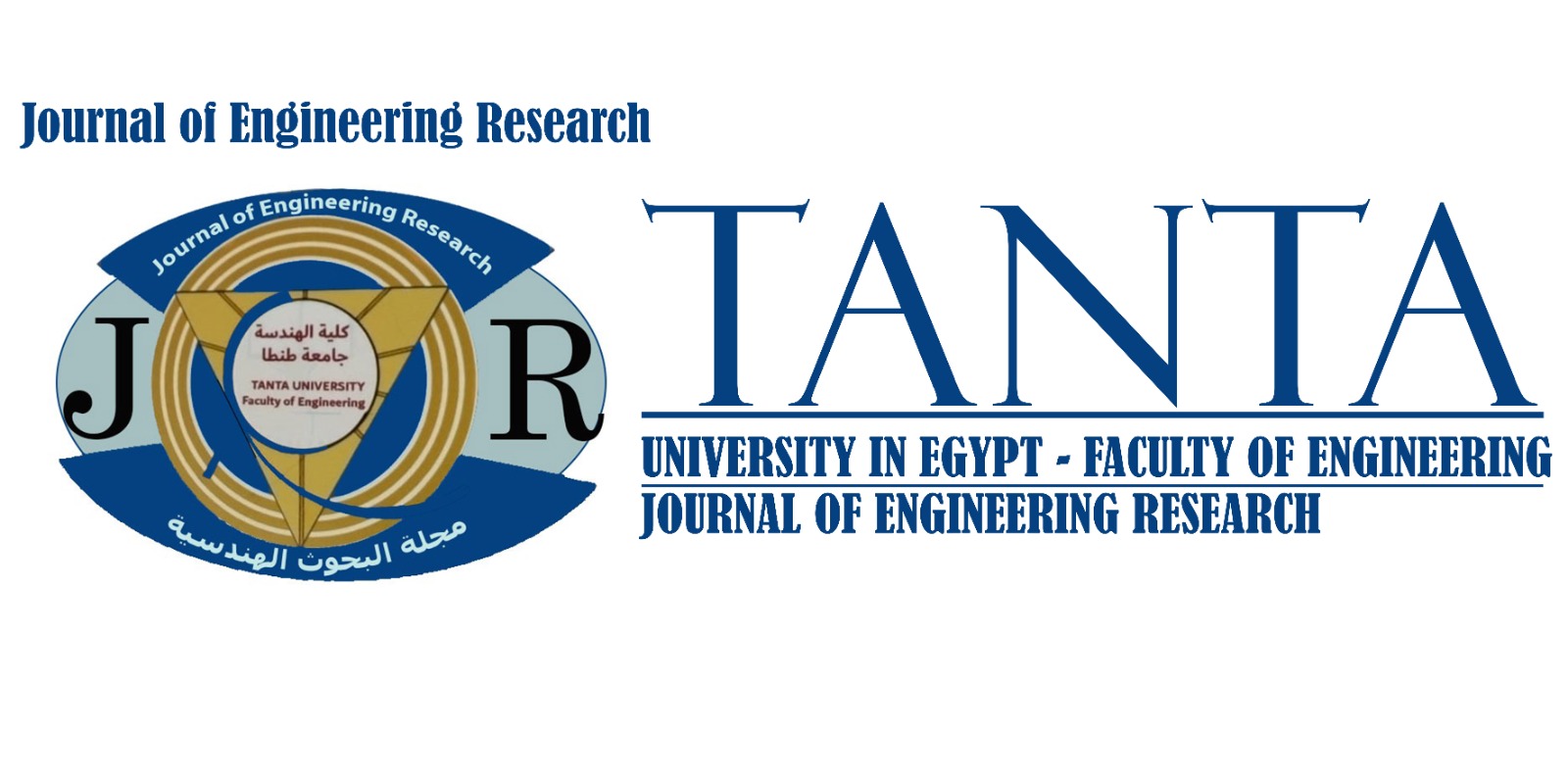Journal of Engineering Research

Abstract
Hydrogen energy is a clean source for liveliness betterthan fossil fuel that has hazardous effects on the environmentand atmosphere. Food wastes and organics in the sewage sludgeare a promising sustainable and renewable source for hydrogenproduction where amalgamation of waste treatment and energyproduction would be more than one benefit expressed intreatment of organic pollutants and energy generation.Discovering biohydrogen production from industrialwastewater by dark and photo fermentation was the main aimof this paper. The biogas produced was composed of H2 andCO2, and the maximum H2 content was 25.94%. This ratio wasachieved at batch configuration system and initial pH 6.2 withstarch concentration 15 g/l. Cause of using dark fermentationeffluent (DFE) was used as substrate for A Rhodobactercapsulatus strain and a clostridium culture were cultivated toproduce hydrogen under different light-dark cycles. Acetic andbutyric acids decreased due to first and second photo stages by21.9% and 4.1 % respectively. Maximum hydrogen yield was470.9 ml H2/mol VFAs.
Recommended Citation
El sharkawy, Mohamed Elsamadony, Mohamed Gar Alalm, Hafez Afify, Khaled
(2019)
"Bio-H2 conversion of wastewater via hybrid dark/photo fermentation reactor,"
Journal of Engineering Research: Vol. 3:
Iss.
1, Article 5.
Available at:
https://digitalcommons.aaru.edu.jo/erjeng/vol3/iss1/5

